Are you passionate about natural hazards? Do you want to explore and enhance your science communication skills? The EGU Natural Hazards Division Blog seeks beautiful minds to become enthusiastic new editors and join our diverse and inclusive team. The blog serves as a platform for the natural hazards community to share updates on the latest research, insights, and perspectives on issues relevant t ...[Read More]
If you didn't find what you was looking for try searching again.
GeoLog
A Geoscientist’s Colorful Journey from Research to Children’s Books
In today’s blog we’re having a chat with our very own Dr Lucia Perez-Diaz. As Lucia put it at the start of this year’s General Assembly, us scientists get to wear many “hats”, and she lives up to that statement. Besides a brilliant geoscientist, she is an incredible artist – also featured as last year’s artist in residence – and a budding press assistant! But more importantly, she is the author of ...[Read More]
Energy, Resources and the Environment
Interview with ERE Outstanding ECS Awardee Iman Rahimzadeh Kivi
Congratulations for being awarded this years Early Career Scientist Award of the ERE division! Can you tell us a bit about yourself (not only about your work life)? Thank you so much! I am delighted to receive this award and grateful to the European Geosciences Union for this recognition. I am an engineer and a geoscientist with a passion for understanding the Earth’s subsurface processes and thei ...[Read More]
GeoLog
What’s on at EGU25: highlights from the Outreach and Education Committees
There are so many great events to participate in at EGU25 this year, in both on-site and virtual formats, that it can be very easy to feel overwhelmed. Whilst we encourage you to make good use of your Personal Programme to help organise your activities, we also reached out to several of EGU’s Committees that are responsible for specific other aspects of EGU’s activities, including the ...[Read More]
Climate: Past, Present & Future
Final guide to get ready for EGU25 with the Climate Division!
Dear climate community, With the EGU General Assembly 2025 approaching (27 April – 2 May), it is time to start preparing your programme and planning your week. We’re looking forward to another exciting and engaging General Assembly — a unique opportunity for geoscientists across career stages to present their research, exchange ideas, and expand their network. As usual, the Austria Center V ...[Read More]
Seismology
Seismology Division Events for GA EGU25
Hello fellow Seismologists! The exciting time of the EGU General Assembly is upon us, and we are looking forward to reconnecting with all of you at EGU25. Through this blog, we would like to bring your attention to the events that are organised by the Seismology Division and ECS Representatives of the Seismology Division during EGU25. Grab your calendar, and make sure to come and meet us on many o ...[Read More]
Tectonics and Structural Geology
Queer Quarterly: What does queer visibility mean in academia?
Queer Quarterly is the blog series of the EGU pride group, a LGBTQIA+ team of geoscientists engaged to uphold and improve the rights of the community in the EGU organization. This week’s post is dedicated to allyship: how people outside of the community can support our efforts. The term LGBTQIA+ is the abbreviation for Lesbian, Gay, Bisexual, Transgender, Queer, Intersex, and Asexual. The addition ...[Read More]
GeoLog
Hold my Baby: Improving Institutional Policies of Parenting and Field-based Research
We are researchers. Researchers are people. People sometimes have children. These are three simple statements (and fundamental truths) that are often overlooked by institutional and funding policies, leading to a disconnect between the demands of research and the responsibilities of parenthood. Especially in field-based research, which is typical in the geosciences, rigorous expectations of long h ...[Read More]
Geomorphology
20 Years of GM [Part 2]: A conversation on change and progress with Geomorphology’s first and current presidents
This year marks the 20th anniversary of the EGU Geomorphology Division (GM). Many of us have found community, experienced our first conference presentation, and furthered our careers through GM. GM has grown to be mid-sized for EGU standards with ~700 abstracts submitted in 2024 – but we had to start somewhere. I spoke with GM’s creator and first president, Colin Stark (National Taiwan University) ...[Read More]
Geomorphology
20 Years of GM [Part 1]: Looking Back with Geomorphology Division Presidents!
This year the EGU Geomorphology (GM) division celebrates its 20th year (and it’s been a little over 10 years since our first GM blog post too!), so keep an eye out for exciting celebrations during the General Assembly in April. Ahead of this momentous celebration, we found time to sit down with four of the GM’s past presidents to discuss how EGU, the GM Division and the geomorphology community has ...[Read More]

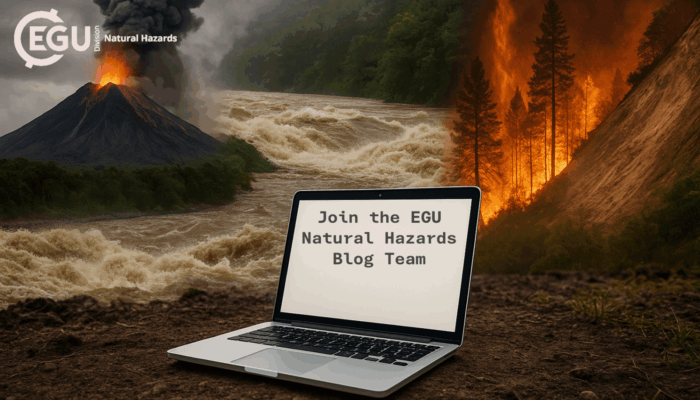
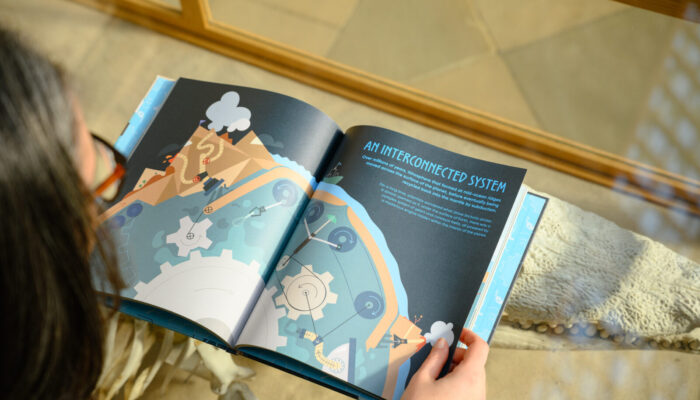
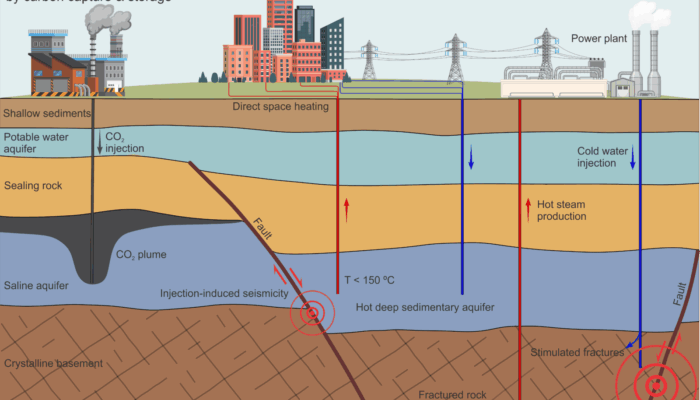
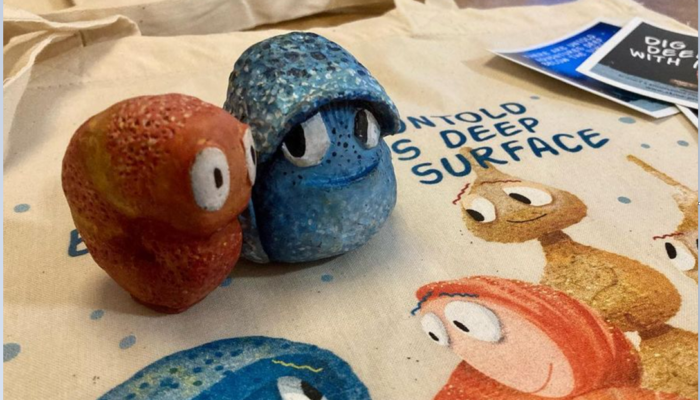
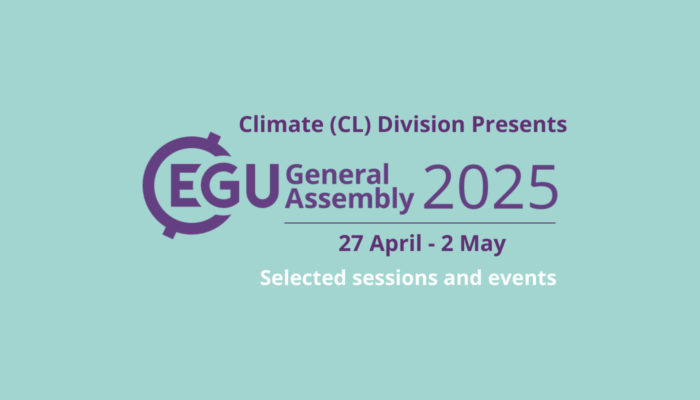
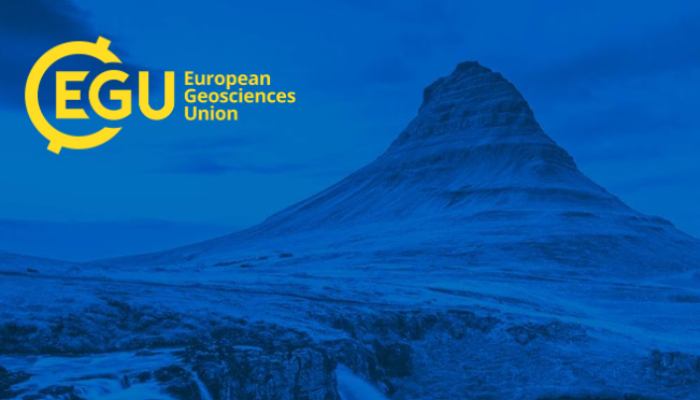

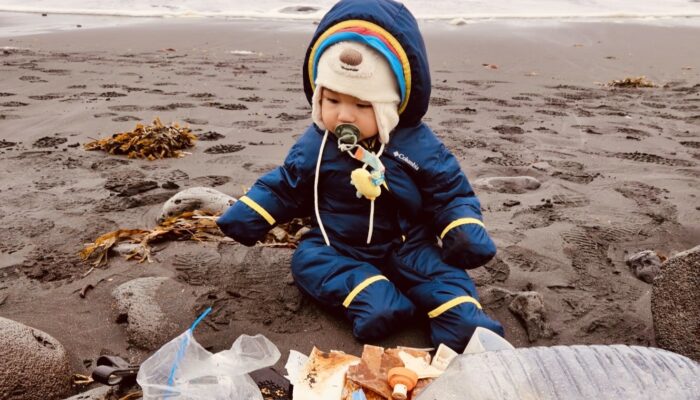
![20 Years of GM [Part 2]: A conversation on change and progress with Geomorphology’s first and current presidents](https://blogs.egu.eu/divisions/gm/wp-content/blogs.dir/21/files/2025/04/GM-20th-anniv-banner-9-700x400.png)
![20 Years of GM [Part 1]: Looking Back with Geomorphology Division Presidents!](https://blogs.egu.eu/divisions/gm/wp-content/blogs.dir/21/files/2025/04/4-700x400.png)